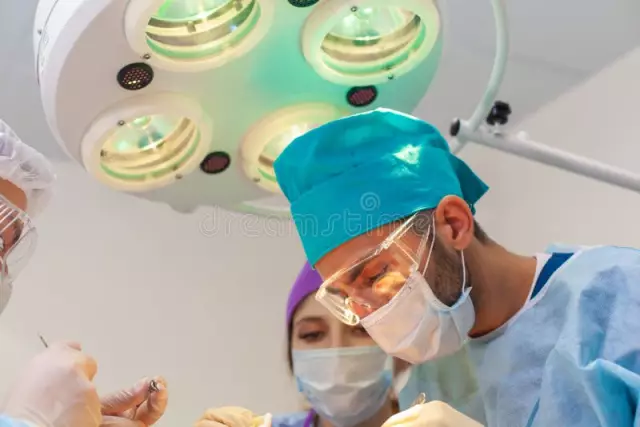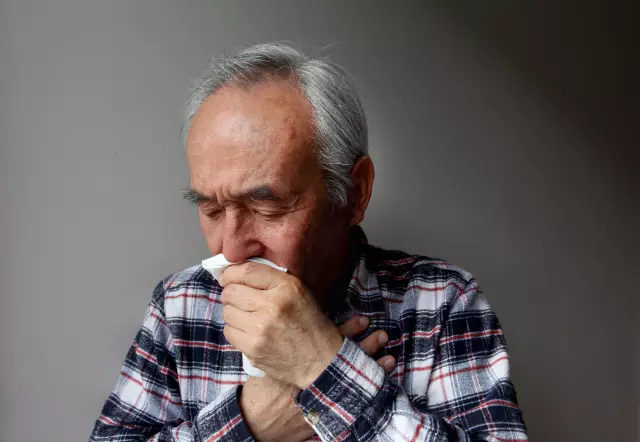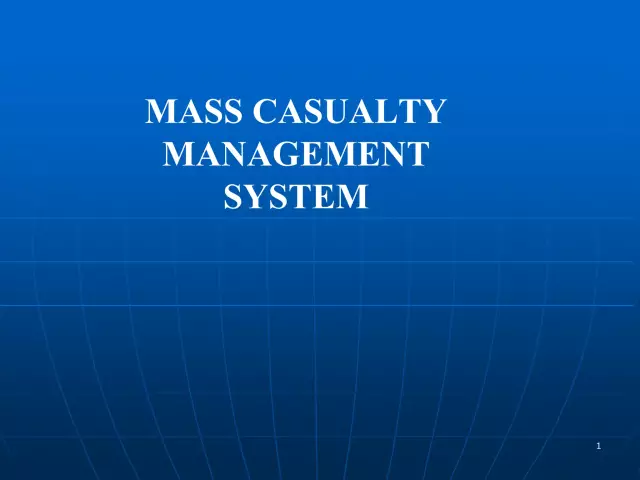- Author Rachel Wainwright wainwright@abchealthonline.com.
- Public 2023-12-15 07:39.
- Last modified 2025-11-02 20:14.
Ascariasis
Brief description of the disease

The infectious disease ascariasis is well known to residents of regions with a warm and humid climate. At the moment, ascariasis is the most common helminthiasis. Ascariasis is common on all continents and is regularly detected in residents of both developing and economically developed countries. In regions with a dry climate, ascariasis is much less common, completely absent beyond the Arctic Circle.
The causative agent of the infection is human roundworm - a round or spindle-shaped helminth that multiplies in the liver, colon, pancreas and other internal organs. Treatment of ascariasis in children and adults is absolutely necessary, because, otherwise, the colonies of parasites can reach such sizes that they will cause intestinal obstruction and other serious consequences. A mature female roundworm lays up to 245,000 eggs per day, and the larvae mature within only 9-20 days, after which they immediately begin their destructive activity.
Ascariasis enters the body by swallowing mature eggs. As a rule, this occurs when eating fresh vegetables that have not been properly sanitized. Private garden plots are also of great danger today, where soil fertility is increased by introducing non-neutralized human feces into the ground. In general, non-observance of basic hygiene rules almost always entails long-term treatment of ascariasis in adults and children. Remember this when buying vegetables from good-natured grannies or eating a delicious apple without first washing it in warm water.
The clinical picture of ascariasis
Ascaris penetration into the liver, pancreas and other vital organs leads to serious consequences. Adult helminths injure the thin mucous membrane of organs, irritate nerve endings, and have a toxic effect on the body with the products of their vital activity. In addition, when diagnosed with ascariasis, the symptoms of infection often indicate mechanical and spastic intestinal obstruction, since accumulations of helminths simply clog the inner space of the intestines, interfering with the full digestion and processing of food.
In the absence of adequate treatment, roundworms begin to migrate, which leads to the appearance of abscesses, pancreatitis and cholangitis. When re-infected, the symptoms are much weaker, which is explained by the appearance of a kind of immunity. Despite this, when making a diagnosis of ascariasis, treatment should be carried out only in specially equipped infectious disease departments of clinics. Any independent attempts to cope with the disease are doomed to failure in advance and, moreover, pose a threat to human life.
Ascariasis - symptoms of the disease
To begin with, we note that in the clinical course of infection there are two stages of ascariasis: early (migratory) and late (intestinal). Accordingly, the signs of ascariasis depend on the current phase of the development of the disease. In the early stages, ascariasis practically does not manifest itself in any way. The clinical symptoms of ascariasis are mild. Patients may complain about:
- dry cough with little phlegm;
- wet wheezing;
- slight malaise;
- rashes on the skin that look like hives.

It's another matter if ascariasis in children and adults has passed into the intestinal stage. In this case, the characteristic symptoms of ascariasis appear much stronger and brighter. Patients experience increased fatigue, lack of appetite, nausea, vomiting, and abdominal pain. They also often have diarrhea, constipation and other stool disorders. Symptoms of ascoridosis from the nervous system develop:
- headache;
- rapid mental fatigue;
- inability to focus on one problem;
- dizziness;
- hysterical seizures;
- restless sleep;
- convulsions;
- photophobia.
Ascariasis also affects the heart. Patients have a decrease in blood pressure, bouts of bronchitis or bronchial asthma, moderate hypochromic anemia. Untimely treatment of ascariasis in children and adults leads to the development of serious complications: intestinal obstruction, severe pain that cannot be relieved even by drugs, frequent urge to vomit, mechanical blockage of the bile duct, liver abscesses, purulent pleurisy.
Treatment of ascoridosis
In the early stages in the treatment of ascariasis, patients are prescribed desensitizing therapy, mintezol (50 mg per day for every 100 to body weight for 2-3 doses) or mebendazole (100 mg per day for 3-4 doses). Treatment of ascariasis in children and adults is carried out with the help of anthelmintics: decaris (after dinner), combantrine (with meals), vermox (in cases of polyinvasion). The constant improvement of these drugs and an increase in their effectiveness have led to the fact that today anthelmintics are able to cope with the treatment of ascariasis in 85-100% of cases.
YouTube video related to the article:
The information is generalized and provided for informational purposes only. At the first sign of illness, see your doctor. Self-medication is hazardous to health!






